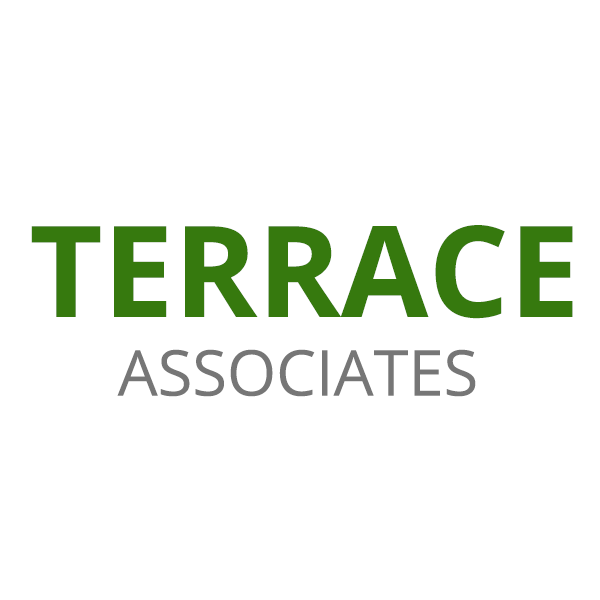1031 Exchange
/To most people the 1031 exchange is a little confusing. The Internal Revenue Service has a code section 1031 that details the procedure for turning the sale of one property and the purchase of another into an exchange. The rules for the 1031 exchanges allow owners of certain types real estate to sell their property and buy other like kind property without paying any capital gains tax on the sale. Rental or investment properties include land, single family homes, apartments, and business or commercial properties.
The IRS rules require that a third party, or intermediary, hold the proceeds while the exchange is in progress. Usually the intermediary, or exchange facilitator, is working closely with the title company to assist in making a smooth and easy exchange. The exchange can take place at the same time, or the exchange can be a deferred exchange. Sometimes a simultaneous close exchange can be difficult due to timing and coordination of all the parties involved.
On a deferred exchange there is a little flexibility that makes it easier to structure the transaction. The owner of the property being sold has a 45 day period, after the close of escrow of the relinquished property, to identify the new acquisition property. The IRS allows up to 6 months to close the escrow on the differed exchange.
To understand the exchange process and decide if it would be something for you to consider the first step would be to estimate how much money it would save compared to a straight sale. Remember you don’t avoid paying taxes, you just delay paying to some undetermined time in the future.
The first consideration is to figure out your basis. What was the original purchase price you paid for the property when you bought it? Secondly, add the costs associated with closing the escrow when you originally purchased it. Then add any capital improvements,(any major additions or improvements to the property such as adding a room or remodeling), but not including maintenance items. Then subtract any depreciation you have claimed while you have owned the property. This will give you an adjusted cost basis. This is the amount that would be deducted from your sale proceeds to determine what your capital gain would be. This is the amount that would be subject to Federal and State capital gains tax if you were to sell the property without doing an exchange.
Most of us consider IRS tax codes confusing. There are many details to the tax code and a tax specialist should be hired to help with your individual situation to determine if an exchange is right for you.
This article was originally written for and appears in the San Francisco Examiner. Eric Ruxton and Larry Aikins are the owners of Terrace Realty Inc. and Terrace Associates Inc., in Redwood City. Terrace has been in business for 60 years and in addition to being an independent Brokerage Company, also owns and operates rental properties.

